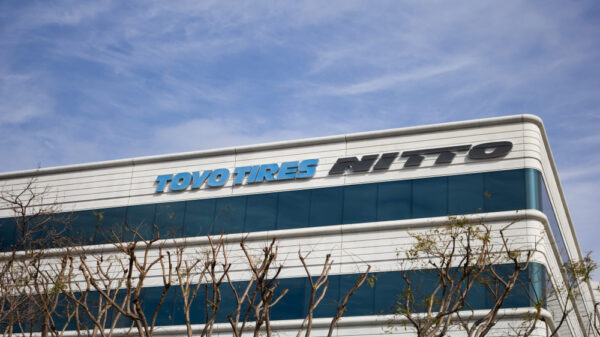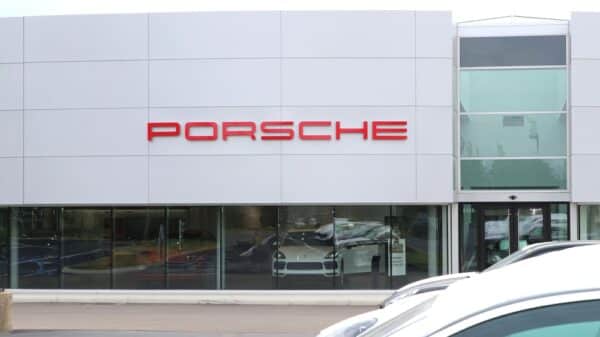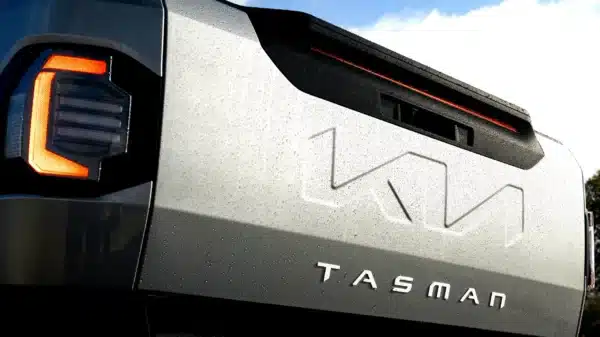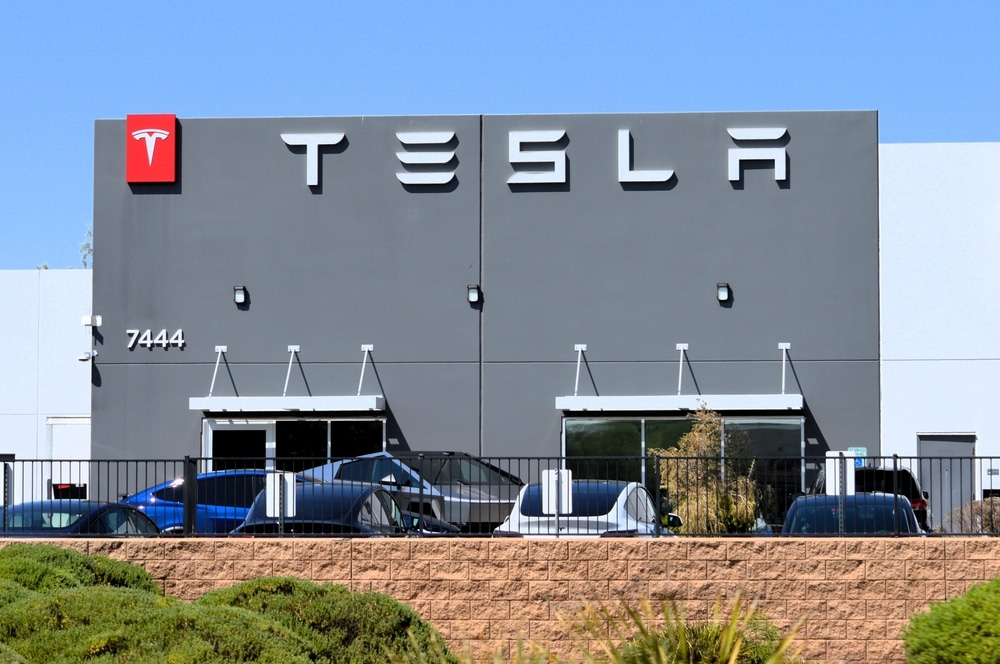France has recently issued a strong warning to Tesla: either overhaul your marketing of Full-Self Driving (FSD) within four months or face hefty fines rising to $58,000 per day. This isn’t an isolated incident; it’s part of a growing trend where countries are pushing back against the way Tesla presents its driver-assistance technologies.
Tesla’s FSD features are impressive but do not provide full autonomy, a fact that’s now under scrutiny. The French Directorate General for Competition Policy, Consumer Affairs, and Fraud Control (DGCCRF) is stepping in, alleging that Tesla is engaged in “deceptive commercial practices.” This type of oversight may sound bureaucratic, but when it comes to consumers’ rights, it’s essential.
In early 2023, the French Ministry of Economy began looking into complaints filed by consumers through a platform called Signal Conso. Responding to these concerns, the DGCCRF has now tasked Tesla with taking tangible steps to rectify what they perceive as misleading claims about the capabilities of FSD. The seriousness of their findings is underscored by a legal ultimatum: adjust your marketing practices or start racking up daily fines.
A translated statement from the French Ministry explains: “Failure to comply will lead to penalties of €50,000 a day due to the gravity of the deceptive practices regarding the autonomous driving capabilities of certain Tesla vehicles.” This exemplifies not only regulatory seriousness but an important consumer safeguard—a way to ensure that companies cannot mislead customers about the safety and effectiveness of their products.
Tesla faces more than just this marketing issue. Alongside the FSD concerns, the French authority has flagged five additional issues, including the lack of clarity in sales contracts and delays in refunds. Such findings indicate a broader problem with customer service and transparency—issues that can erode trust quickly in the auto industry.
The financial implications are significant. A daily fine of $58,000 equates to a substantial financial burden for the company, roughly translating to $1.8 million per month or about $21.2 million annually. For context, Tesla would need to sell FSD to around seven customers daily at its $8,000 price or get 58 subscriptions at $99 per month just to cover potential fines. With only 721 vehicles sold in France last month, this could become financially unsustainable unless FSD adoption skyrockets.
Tesla’s reputation in the French market is hanging by a thread. With recent low sales figures and complaints leading to lawsuits from consumers looking to discard their leased vehicles—not due to defects, but because of the controversial political associations of CEO Elon Musk—public trust is in jeopardy.
France isn’t the first to challenge Tesla on this front. Regulatory scrutiny has arisen in various regions, including a rebranding of FSD features in China amid a tightening grip on industry standards. Additionally, probes in California and lawsuits in Germany highlight an ongoing narrative: if consumers are confused about the technology’s limitations, it poses a safety risk.
As we navigate the complexities of technology and marketing, it’s crucial to listen to these consumer voices. Awareness about what FSD can and cannot do is essential. For those who still think they can take a hands-off approach while using these features, it is even more critical that they receive accurate information to ensure their safety and that of others on the road. If enough people seek clarity, perhaps it’s time for broader changes in how we discuss technological advancements, ensuring they’re not just innovative but also responsible and honest.
Image Source: Around the World Photos / Shutterstock





































